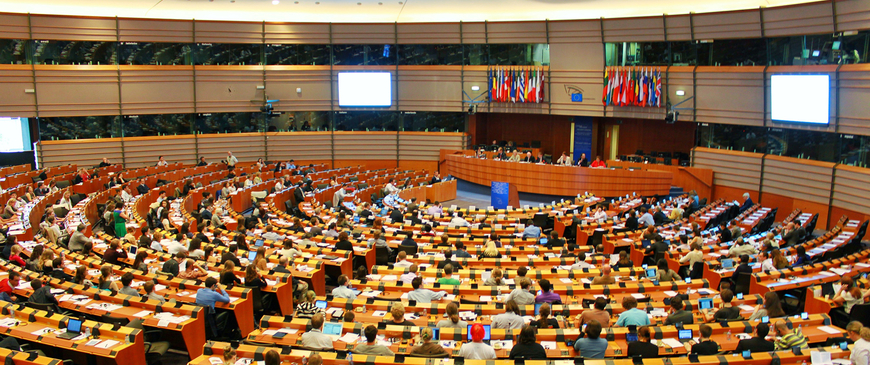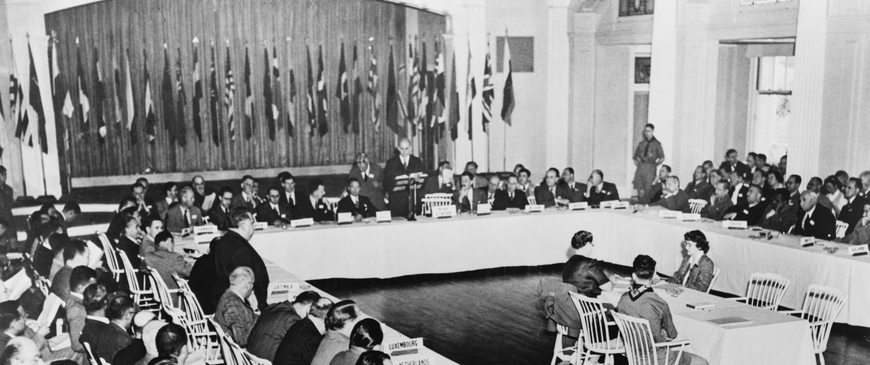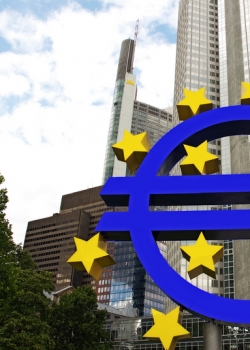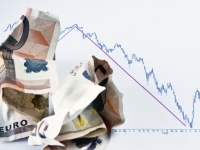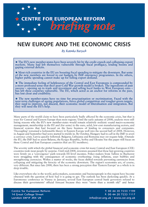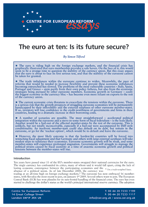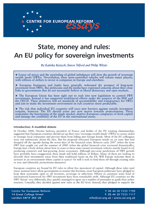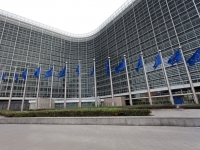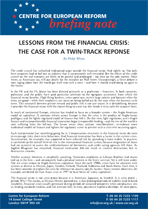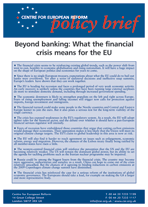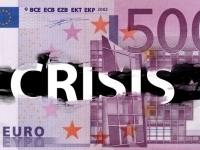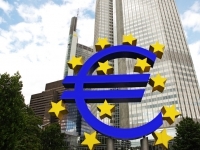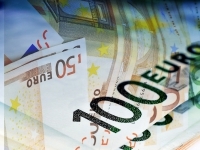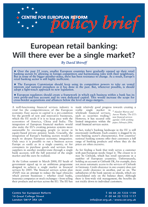Macroeconomics & the euro
The real G20 agenda
13 March 2009
Finance ministers from the G20 countries are meeting in London this weekend to prepare for the global economic summit at the start of April. Expectations are high. But what will the summit be about?
Financial regulation: Is the Channel narrowing?
27 February 2009
On February 25th 2009, a Commission-appointed taskforce headed by Jacques de Larosière published its much-awaited report on financial supervision in the EU.
Germany: Between a rock and a hard place
19 February 2009
Twelve months ago it seemed inconceivable that any member of the EU could face a sovereign debt crisis. It would have been the stuff of fantasy to argue that Ireland or Austria could be among those at risk.
New Europe and the economic crisis
02 February 2009
The EU's new member-states have been hit hard by the credit crunch and collapsing export markets. The Central and East Europeans sense that their post-Cold War growth model – consisting of liberalisation and EU integration – is broken.
The euro at ten: Is its future secure?
07 January 2009
The euro is riding high and the financial crisis has illustrated the safe haven that membership provides. On the face of it, the future of the single currency looks rosy.
State, money and rules: An EU policy for sovereign investments
01 December 2008
The debate about sovereign wealth funds will return as global growth and commodity prices recover. European governments have been right to reject new EU rules on SWFs, and instead support multilateral efforts to set voluntary standards.
The Commission's economic forecasts are still too complacent
07 November 2008
On the face of it, it appears churlish to accuse the Commission of complacency when it is forecasting no growth in the eurozone economy in 2009 and a deep recession in the UK.
Lessons from the financial crisis: A twin-track response
05 November 2008
The credit crunch has unleashed widespread anger outside the financial sector. And rightly so. Not only have taxpayers had to bail out an industry that is uncommonly well rewarded. But the effects of the credit crunch on the real economy are likely to be painful and prolonged – not least on the jobs market.
Beyond banking: What the financial crisis means for the EU
23 October 2008
The world is in the midst of a financial crisis which will have far-reaching implications for the EU – not just for the region's immediate economic outlook, but also for the future of the euro, financial regulation, economic reform and global governance.
Another Great Depression?
15 October 2008
Many observers have drawn parallels between the current economic crisis and the Great Depression of the 1930s. However, the stock market collapse of 1929 did not directly cause what turned out to be the deepest and most prolonged recession of modern times, ultimately ending in the Second World War.
Scapegoating the US lets others off too easily
02 October 2008
Huge amounts have been said about the consequences of the credit crunch for the US and UK economies. They undoubtedly face major adjustments, and several years of very weak economic growth.
In defence of Anglo-Saxon capitalism
29 September 2008
Those who never liked ‘Anglo-Saxon’ capitalism are feeling smug. Marxists, fans of ‘Rhineland’ capitalism and those who simply cannot stand American power are crowing.
Issue 61 - 2008
25 July 2008
- Three scenarios for the Lisbon treaty, Charles Grant
- A new European mercantilism?, Simon Tilford
- The next US president should forget the League of Democracies, David Hannay
Eurozone economic outlook: Too much complacency
03 April 2008
A year ago the prospect of the dollar falling to 1.60 against the euro would have brought on cold sweats across Europe. Yet, here we are and there is no sense of crisis.
A joint response to the credit crunch
19 March 2008
Ailing banks are being rescued, markets remain frozen, economic numbers are becoming gloomier. Of course, central banks and governments are focusing on fire-fighting, on cutting interest rates, on providing cash to liquidity-starved banks and to consumers.
Time for the Export-Weltmeister to start consuming
13 February 2008
Too many Europeans are blaming the US for the economic slowdown in Europe, as if everything would have been fine if only the Americans were not so irresponsible. This is complacent.
European retail banking: Will there ever be a single market?
03 December 2007
Integrated markets for entertainment and communications, as well as nearly all goods, stretch from the Arctic to Cyprus. By contrast, Europe’s retail banking industry remains largely segmented along national lines.
Politics, Sarkozy and the euro
03 December 2007
Not long after its launch, the euro was famously dismissed by a disgruntled currency trader as a “toilet currency”. How things have changed. Since 2003, the euro’s external value has soared, particularly against the US dollar.
The euro as the world’s reserve currency?
15 November 2007
Back in the 1970s President Nixon’s treasury secretary, John Connally, famously quipped that “the dollar may be our currency, but it’s your problem”.

